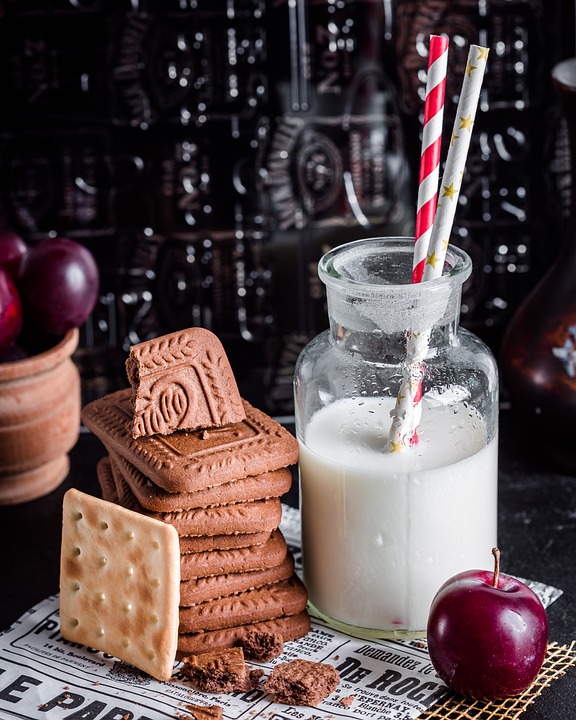Introduction
Macadamia milk has gained popularity as a dairy-free alternative to traditional cow’s milk. Made from macadamia nuts, this plant-based milk offers a creamy texture and a nutty flavor that appeals to consumers looking for a nutritious and delicious milk alternative. In this report, we will explore the process of how macadamia milk is made, from the tree nut to the smooth, ready-to-drink product that you find in stores.
The Macadamia Nut Industry
Macadamia nuts are native to Australia but are now also grown in other regions such as Hawaii, South Africa, and Central America. The macadamia nut industry is a significant player in the global nut market, with a focus on producing high-quality nuts for both culinary and industrial purposes. Macadamia nuts are known for their buttery texture and rich flavor, making them a popular choice for snacks, baking, and dairy alternatives like macadamia milk.
Macadamia Nut Harvesting
Macadamia nuts grow on evergreen trees that can reach up to 40 feet in height. The nuts are typically harvested once they fall to the ground, as they are encased in a hard shell that protects the delicate nut inside. Harvesting macadamia nuts is a labor-intensive process that requires careful handling to ensure the quality of the nuts.
Macadamia Nut Processing
After harvesting, the macadamia nuts are processed to remove the hard outer shell and reveal the creamy white nut inside. The nuts are then roasted to enhance their flavor and bring out their natural oils. Once roasted, the nuts are ground into a fine powder that will be used to make macadamia milk.
The Making of Macadamia Milk
Making macadamia milk involves blending the macadamia nut powder with water to create a smooth, creamy liquid that resembles traditional dairy milk. The mixture is then strained to remove any remaining nut particles, resulting in a silky-smooth milk that is ready to drink.
Flavoring and Sweetening
Some macadamia milk producers choose to flavor and sweeten their milk to enhance its taste and appeal to a wider audience. Common flavorings include vanilla, chocolate, and unsweetened varieties for those looking for a more natural taste. Sweeteners such as cane sugar, agave nectar, or stevia may also be added to create a sweeter milk alternative.
Packaging and Distribution
Once the macadamia milk is made, it is packaged in cartons or bottles for distribution to retailers and consumers. The packaging is designed to keep the milk fresh and extend its shelf life, ensuring that consumers can enjoy the product for an extended period. Macadamia milk is typically found in the refrigerated section of grocery stores alongside other dairy alternatives.
Macadamia Milk Industry Insights
The plant-based milk market, including macadamia milk, is experiencing rapid growth as consumers seek healthier and more sustainable alternatives to traditional dairy products. The demand for dairy-free options has led to an increase in the production and availability of macadamia milk, with more companies entering the market to meet consumer needs.
Financial Data
According to market research, the global plant-based milk market is projected to reach $21.52 billion by 2024, with a significant portion of that revenue coming from macadamia milk sales. As more consumers embrace plant-based diets and dairy alternatives, the demand for macadamia milk is expected to continue to rise, driving further growth in the industry.
Key Players
Several companies are leading the way in the production and distribution of macadamia milk, including Milkadamia, a US-based company that specializes in plant-based milk alternatives made from macadamia nuts. Other key players in the industry include Pacific Foods, Elmhurst 1925, and Milk Street.
Conclusion
In conclusion, macadamia milk is a delicious and nutritious dairy alternative that is made from macadamia nuts through a careful process of harvesting, processing, and packaging. As the plant-based milk market continues to grow, macadamia milk is poised to become a popular choice for consumers looking for a creamy and flavorful milk alternative. With its rich taste and creamy texture, macadamia milk is sure to satisfy even the most discerning dairy-free drinkers.



